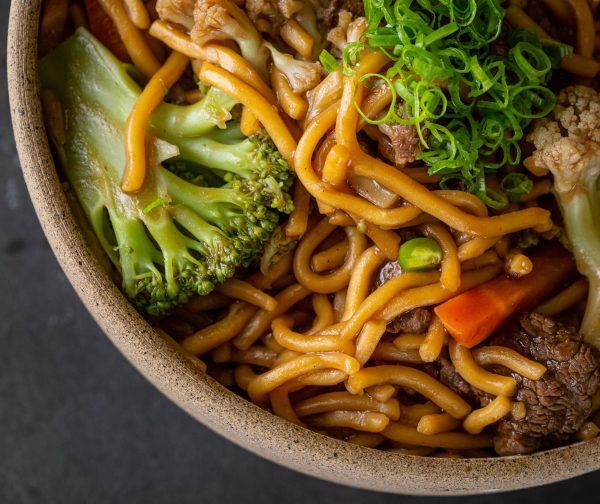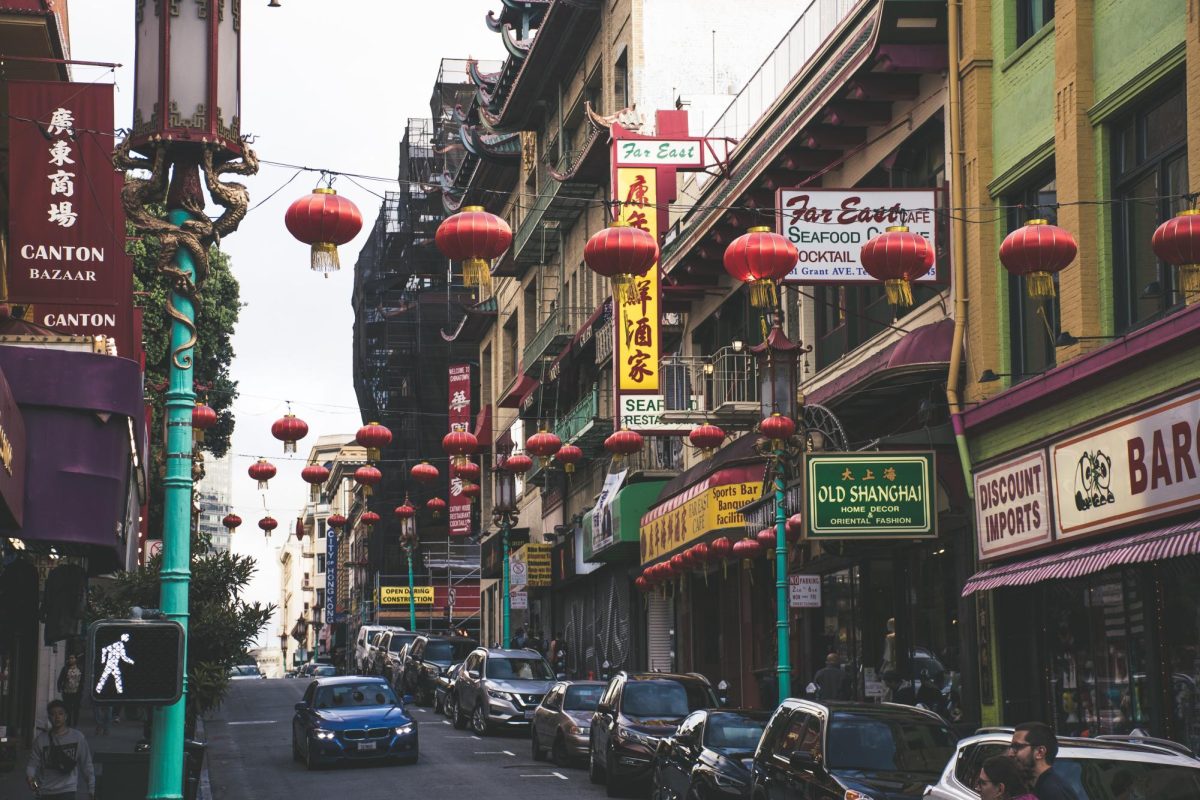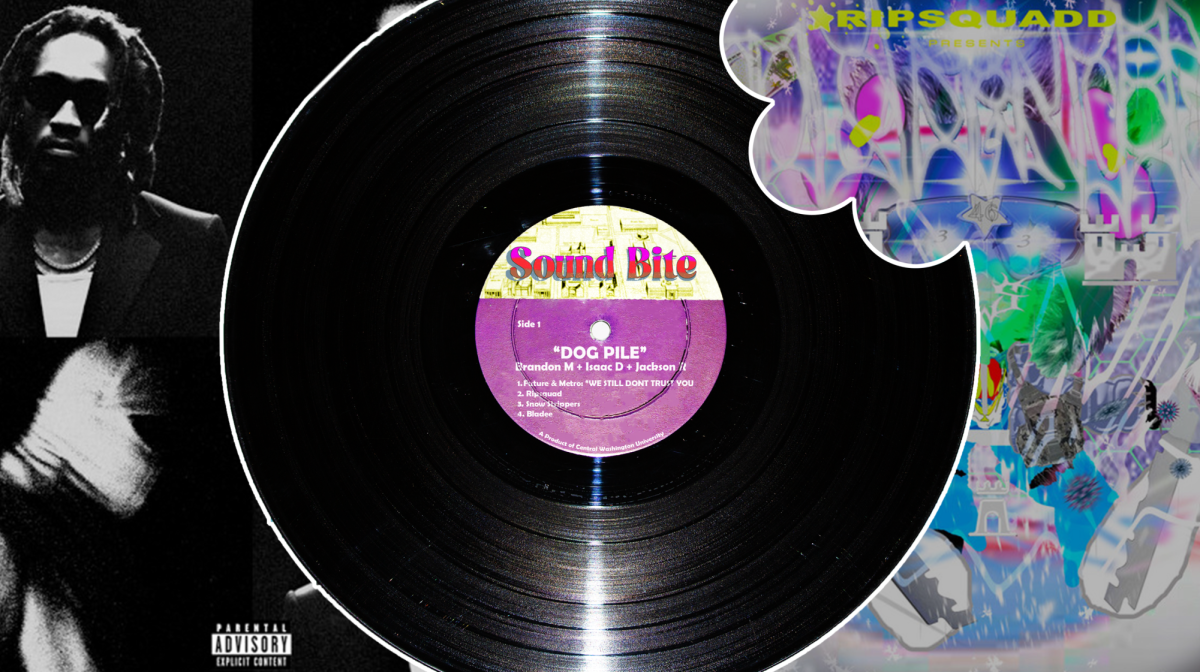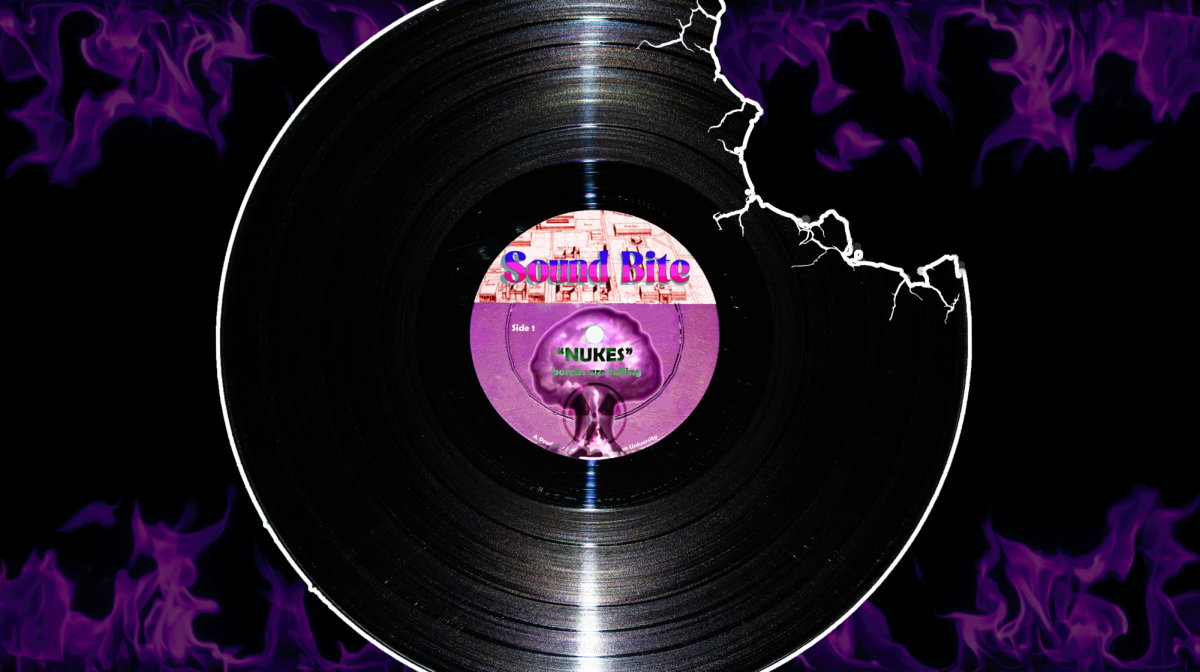
My whole life, I have grown up hearing from my parents and the general public that monosodium glutamate (MSG) is very unhealthy and should be avoided.
I am not alone in that. According to the International Food Information Council, 42% of people actively avoid MSG. I only found out in the last year that it was all a lie and MSG is a perfectly healthy ingredient.
It’s a very common additive that you’ve probably consumed before if you’ve ever had things like Cheetos, Doritos, instant ramen, McDonalds or Kentucky Fried Chicken. While those food items are unhealthy, it’s not because of the MSG in them.
Contrary to popular belief, MSG can actually be helpful for those with high blood pressure, heart disease or strokes. MSG decreases the amount of sodium in a recipe by 20-40% when combined with a small amount of salt, according to the Centre for Food Safety in Hong Kong.
According to the Food Insight website, a Japanese chemistry professor by the name of Kikunae Ikeda created and patented the seasoning MSG. Ikeda liked the umami (savory) flavor of broth that had seaweed in it and decided to examine its chemical structure. The taste came from the amino acid glutamate which he then combined with sodium to create MSG.
MSG is a common seasoning in Asian cuisine and the glutamate it is made from can be found naturally in foods like carrots, onions, tomatoes, potatoes, seaweed, cheeses and meats according to the National Library of Medicine website.
MSG hysteria originated from a bet between the orthopedic surgeon Dr. Howard Steel and his friend Dr. Bill Hanson. According to “The Strange Case of Dr. Ho Man Kwok,” in interviews with Michael Blanding Steel said that Hanson would make fun of him for being an orthopedic surgeon, saying that such doctors were not smart enough to get published in a place as reputable as the New England Journal of Medicine (NEJM).
According to “The Strange Case of Dr. Ho Man Kwok,” Steel took that as a challenge and they made a bet for $10 over whether or not Steel could get published. Steel and Hanson would go to a Chinese restaurant weekly called Jack Louie, where they overindulged in beer and food, obviously feeling unwell afterwards.
Steel was inspired to write what he thought was a blatantly fake article under the pseudonym Robert Ho Man Kwok (a play on words for human crock) and sent it into the NEJM, according to “The Strange Case of Dr. Ho Man Kwok.” It was published with the title “Chinese Restaurant Syndrome” in 1968.
“For several years since I have been in this country, I have experienced a strange syndrome whenever I have eaten out in a Chinese restaurant,” Steel (Kwok) said in “The Strange Case of Dr. Ho Man Kwok.” He attributes it to the MSG in the food and goes on to say that he experienced “numbness in the back of the neck, gradually radiating to both arms and the back, general weakness, and palpitation.”
According to ”The Strange Case of Dr. Ho Man Kwok,” Steel informed Franz Ingelfinger, the editor of NEJM, of the hoax but never heard back. Steel later called Ingelfinger to again state that it had all been a lie, but Ingelfinger hung up on him. Steel continued calling and leaving messages to no avail. In subsequent issues of NEJM, rather than correcting the false article and apologizing like they should have under journalistic standards, they published more letters with similar sentiments against Chinese food that had clear racist undertones.
According to the Colgate Magazine Website, NEJM had a history of writing joke articles with overly clinical language to make fun of common problems like brain freeze which was referred to as “Cryogenic Cephalalgia.” Those were different though because readers were in on the joke.
American media outlets like the New York Times didn’t bother to fact-check Chinese Restaurant Syndrome and further perpetuated the fraudulent claims. According to a New York Times article published six weeks after Steel’s, Robert Ho Man Kwok was a Cantonese doctor who immigrated to America eight years prior.
Dr John W. Olney, a researcher at Washington University studied the effects of MSG on health in 1969. According to the BBC website, he injected extremely high amounts of it underneath the skin of baby mice which caused dead brain tissue, stunted growth, obesity and sterility. In human studies, Chinese Restaurant Syndrome was shown to be nothing more than a placebo effect.
In the 1990’s, the Food and Drug Administration did an independent inquiry on MSG and found it to be safe according to the CNN website. It was too late though.
The rumors about MSG spread so far and wide that it became like a game of telephone. No one knew the truth, which took a massive toll on Chinese restaurants. In an effort to stop hemorrhaging customers, the restaurants would post signs declaring that they didn’t use MSG according to the CNN website.
According to the Discover Magazine, health authorities in New York issued warnings to Chinese food production to reduce their MSG usage but gave no such warning to other food companies who used MSG.
To this day it is a commonly held belief among people of all ages that MSG is harmful, but few people are cognisant of the racist and fallacious origins of this belief.




